Girl of 8 among children helping rebels on frontline in Syria's brutal civil war - PHOTO+VIDEO
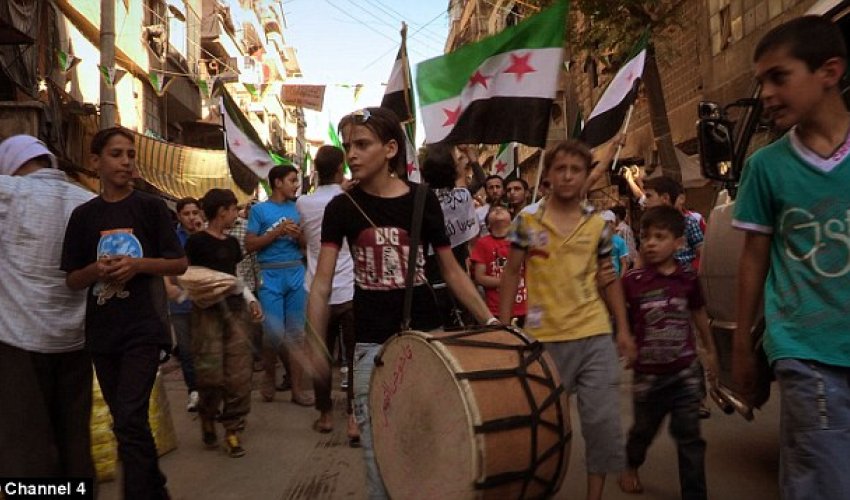
For the children forced to live in its war-scarred cities, life has become a precarious balancing act with school, safety and a normal life little more than a distant memory.One man who knows all too well how the children of Syria are faring is filmmaker Marcel Mettelsiefen, who recently returned from a visit to the country.Here, he reveals what life is really like for the children growing up in one of the world's most dangerous war zones.Farah perches prettily on an elegant, lavishly embroidered chair, her long dark hair is tied gently off her face, but her little legs are not quite long enough to reach the ground.The living room is spartan, aside from this piece of once expensive furniture, and eight-year- old Farah has paused to consider my question.'My favourite thing,' she says softly, with a shy smile as she pulls at her red and white striped T-shirt, 'is helping my father.'I like to stay in his office and make bombs. I collect red ribbons for him so he can burn them. When all the ribbon lights up – the bomb explodes.' She demonstrates with a violent whoosh of her arms.I should be shocked. I am certainly saddened. But here in Sayf al Dawla - a once affluent hilltop suburb of Aleppo, in Syria – I have become used to hearing the hard words of angelic mouths of children.Outside the apartment Farah shares with her mother Hala, brother Mohammed, 14, and sisters Helen, 13, and Sara, five, the streets are deserted, once grand buildings blackened and scarred with bullets and missile damage, the roadside piled high with rubble.For this is now a rebel-stronghold, just yards from the front line with Bashar Assad’s Government forces, and Farah’s father, a former mechanic is the leader of a 300-strong group of the Free Syria Army. Once 250,000 people lived in this area, but there are now fewer than 1,000. The only children here are the sons and daughters of the rebel fighters. Having visited Syria 22 times since the civil war erupted two years ago, I have repeatedly filmed its horrors. But on this trip for Channel 4, I have been given unique access to Commander Abu Ali Al-Sahiba, his family and the children living on the frontline of the war in Syria. Some 11,000 children have been killed and more than a million have fled with their families as refugees.But those who have stayed behind with their families inside the conflict zones are paying the true price of the war their parents are fighting.They are a generation defined by conflict, forced to behave like adults, abandoning their innocence to adapt to a new and unimaginable way of life.After two years of civil war Aleppo is now in a stalemate. Infrastructure is shattered and there is a power vacuum. Islamic extremists have moved into some areas, dominating rubbish collections, and food distribution, even introducing Sharia law. One woman told me a young woman was shot for wearing a short skirt. Human rights groups report that children have been killed, abducted and tortured. In the streets young boys forage for scrap metal to help their elders build bombs. They play with the shells of exploded rockets; indoors toddlers rehearse protest songs, eager to win the encouragement and approval of their older siblings and parents.When you ask the children what they are doing they say 'this is my jihad'. In the West we take that to mean a Holy War against unbelievers. But to these youngsters it means a struggle for the better; an attempt to change the world with their little bit of effort. The older children understand the perils of the conflict. Some will grow into politically motivated adult rebels. But it was clear to me that the angel-faced Farah had no clear idea of what she was doing, or why, when she spent time helping her father build bombs.The parents of these children are both fearful for them, but also proud. Abu Ali tells me, during the days I stay with his family: 'Living here we could be killed at any moment. 'The children have been wronged greatly. I hope God will take the positive point from this – that we have sacrificed our children.'It is a view that as a westerner, I have struggled to understand. How could parents willingly submit their children to the dangers and daily horrors of such a violent conflict? And what effect will the experience have on these young minds, if they survive?These parents are not radical Muslims, but they are religious, and they told me they believe they need to leave their destiny with God. They believe they are protected by God and they say they live by his will.In Sayf al Dawla, most people fled suddenly in the last three months of 2012 when shells and bombs rained daily devastation.There are no hospitals here now, no schools, and no food stores, though the fighters, with their network of contacts, live in apartments powered by generators and have daily deliveries of food. The children here can wash, and eat. But these are the only signs of normal life.Abu Ali’s children are determined to join the adults in their fight against Bashar Assad’s regime. Mohammed proudly showed me a picture of his father as a young man and told me: 'My mother and three sisters and I decided to stay by his side and resist by his side.'His sister Helen added: 'A sniper used to shoot at our balcony every day while my mother was hanging out the washing. 'But we continued to resist. We will live and die with our dad. We will be victorious with our dad. Why should we leave him?'She sets up makeshift classrooms for the children, not only to teach them words, but help them learn the 'spirit of play, of childhood.'But there is little chance of finding anything we would associate with childhood here. On one visit to a ruined house, Sara and Farah pick up a broom and try to sweep up the debris.It is a futile effort, but a touching one, this child trying somehow to restore order in a shattered home.Sara has a tantrum when she is told she cannot take the soft toys she finds – abandoned by a child whose family has fled. Part of me wanted to laugh when I watched this. It was such a normal reaction from a little girl. But when Sara sobbed, 'But I want to save the bear from the missiles,' I wanted to cry, too.It is impossible not to fear for the future of these children. Their faces are so angelic, so beautiful. But their eyes are haunted. It is clear that the younger ones in particular are deeply traumatised.Sara told me she was scared of her dreams. Yet her real life experiences have been equally grim. She described the day a bomb exploded inside their garden while her father and his team had been building it. 'Only one of them dies,' she explained. 'His head was cut off. His head was split like this.' She demonstrates graphically, her little hands fluttering across her neck to indicate decapitation. The delivery is matter of fact. Her facial expression doesn’t change. But tears stream silently down her cheeks.Their mother Hala used to put the children in a bedroom at night, and dose them with cough medicine, 'so they wouldn’t notice anything'. She told them the noise of the shelling was fireworks. But then came a point where 'I couldn’t lie anymore.'Across town, in another region of Aleppo, where there is less fighting, residents stage daily peaceful protests and another child, 13-year-old Aboude, has become a poster-boy, and leads the singing.Once, he was discovered and beaten by a teacher – when there were still schools - but now he has become a full-time revolutionary and spends his day painting freedom posters.The children want to be seen as strong. But Abu Ali’s wife Hala knows there will be a price. 'After the revolution will come another revolution,' she said. 'We have to rebuild our communities, our households – our children.'Each time I visit Syria it becomes more dangerous. On this visit, last year, I moved house constantly to avoid the threat of kidnapping by Islamic extremists. But for many of the children who have stayed here with their families leaving is not an option.Abu Ali’s eldest daughter Helen understands much about the conflict, but she has also come to realise the complexities of the struggle for freedom.'The people of Aleppo are not united,' she told me. 'So how will Syria ever be liberated? How?' It is a question that even her beloved father cannot answer.(dailymail.co.uk)ANN.Az
























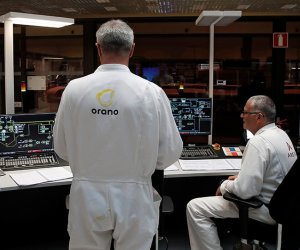
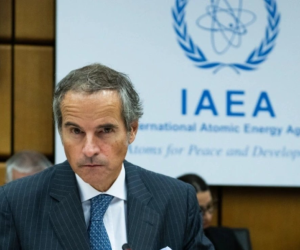
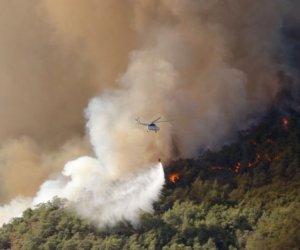
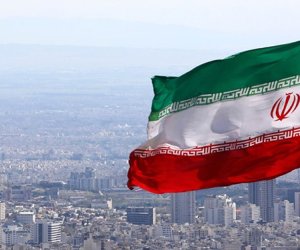
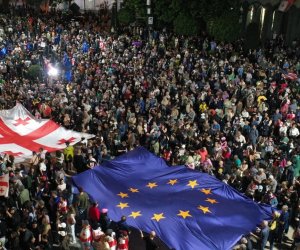
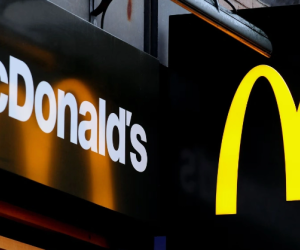

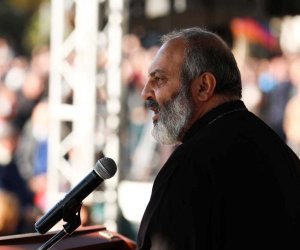
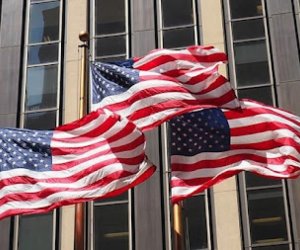



 Photo
Photo 



 Video
Video 

